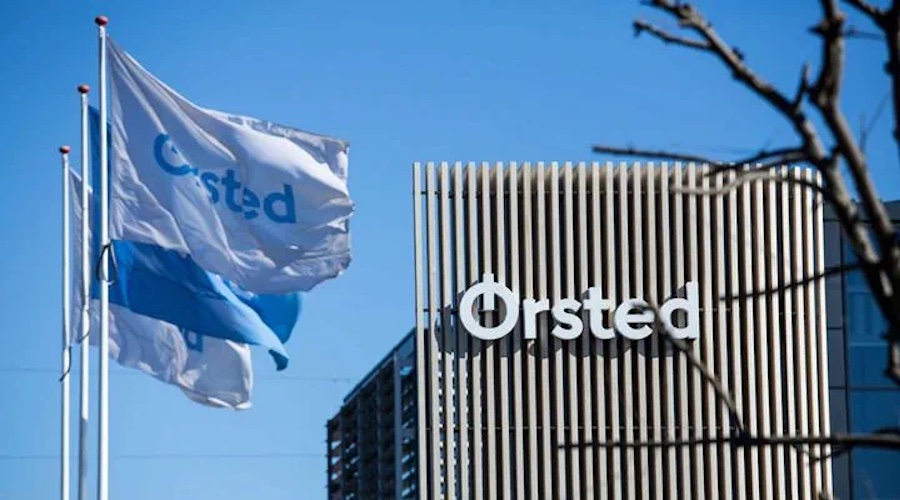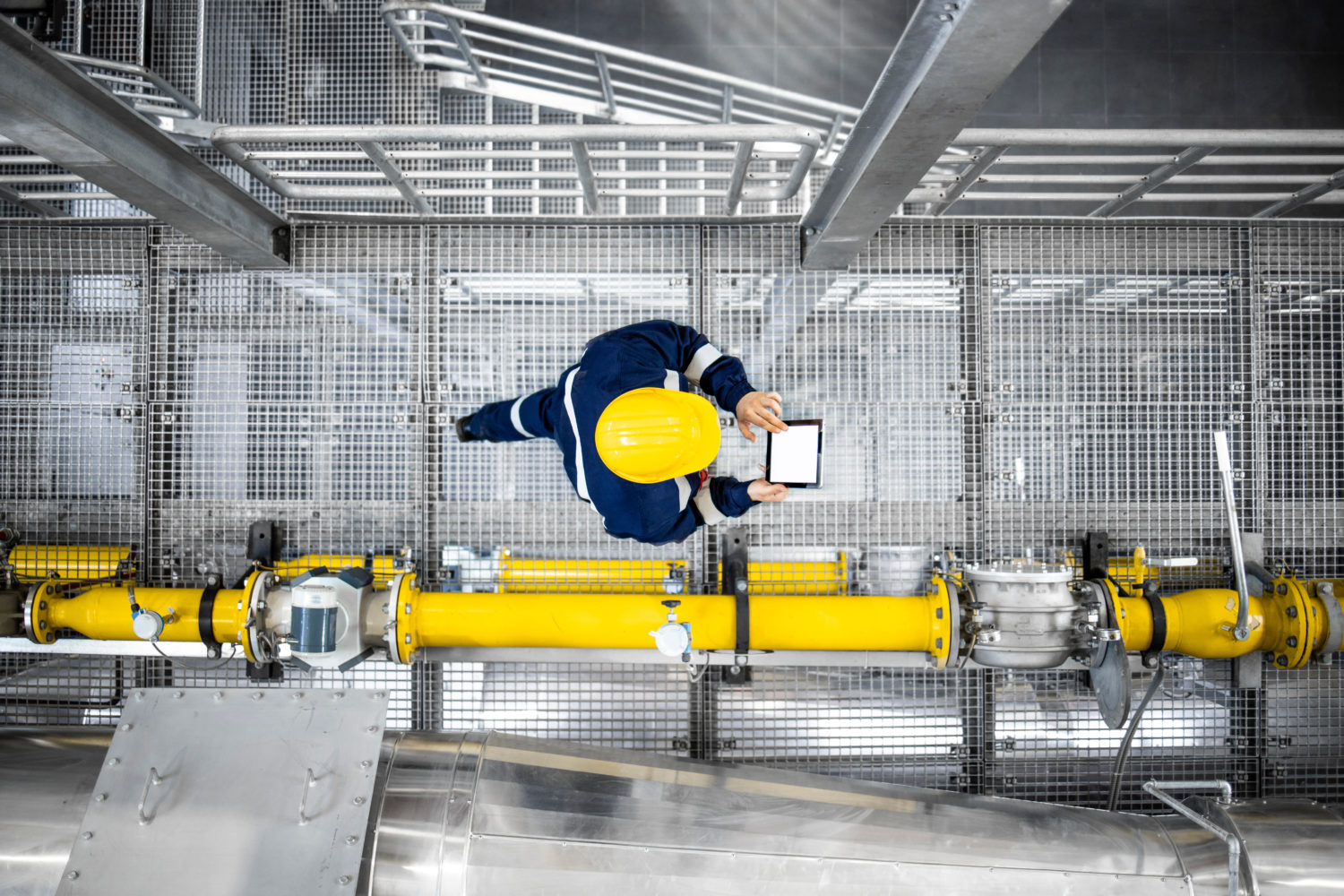Wind-power giant Orsted stops buying coal, biomass from Russia

Orsted AS, a company better known for producing electricity from wind, stopped buying Russian coal and biomass for its power stations after President Vladimir Putin invaded Ukraine.
The world’s top offshore wind developer will also ensure that Russian companies aren’t direct suppliers to the construction of its renewable energy projects, according to a statement on its website on Sunday. The Danish company is also not signing any new contracts with Russian firms.
Orsted’s announcement follows a similar move by Swedish energy giant Vattenfall AB, which last week said it had suspended orders of Russian uranium and nuclear fuel. While some companies have started to halt purchases of a few commodities in a largely symbolic move, energy firms continue to buy Russian natural gas, and if anything orders have increased after the conflict started.
“Shortfalls in gas supplies will, as opposed to stopping the supply of other types of products, have severe human and societal consequences and therefore need to be coordinated at EU and national levels rather than decided by individual companies,” said Orsted Chief Executive Officer Mads Nipper. “Therefore, the dependency on Russian gas and any ban on import of gas from Russia need to be decided and enforced by clear political sanctions.”
Western nations agreed to impose new sanctions to further isolate Russia’s economy and financial system after initial penalties failed to persuade Putin to withdraw his forces from Ukraine. But the decision to penalize Russia’s central bank and exclude some lenders from the SWIFT messaging system, used for trillions of dollars worth of transactions around the world, excludes energy.
Orsted has nine power and heat plants in Denmark, some of which still use gas and coal as either main or backup fuels. The company also purchases wood chips, and wood pellets to feed some facilities, and it runs a waste-to-energy plant in the U.K. that recycles metals and plastics.
“All potential EU or national sanctions impacting the gas supply will be fully supported and immediately executed,” Nipper said.
(By Elena Mazneva)
{{ commodity.name }}
{{ post.title }}
{{ post.date }}




Comments